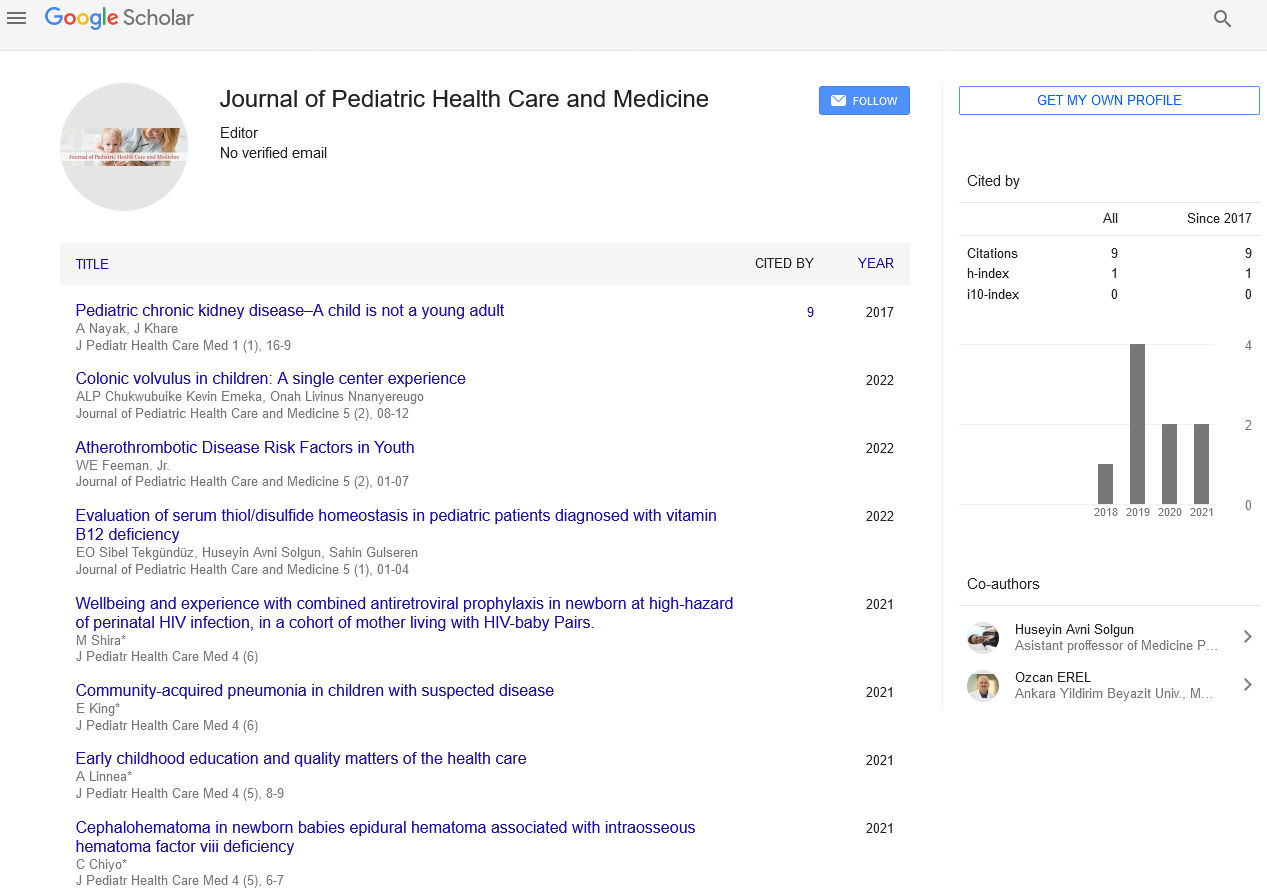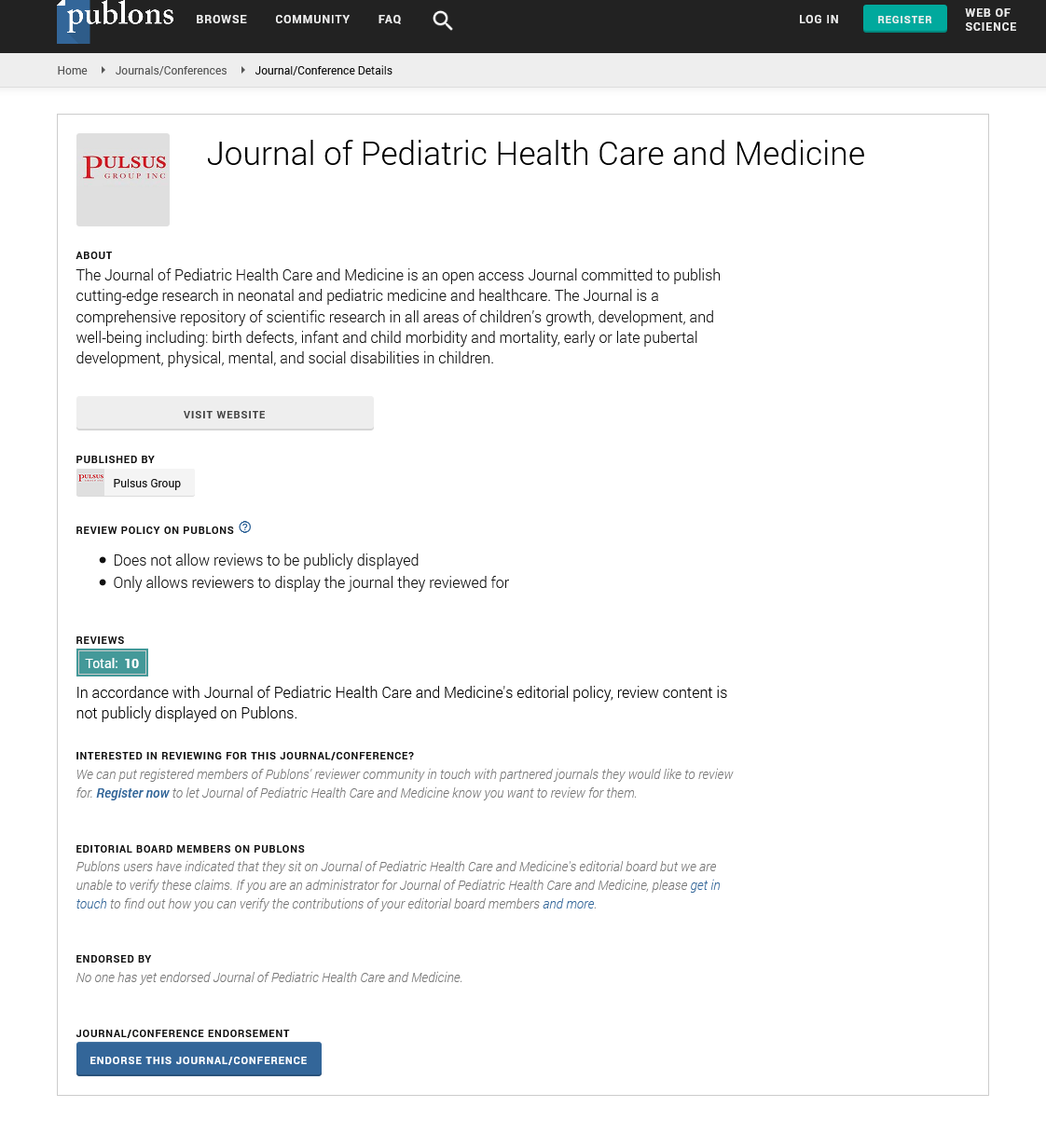
Sign up for email alert when new content gets added: Sign up
Risk stratification models to predict adverse neonatal outcome: Additive value of standard electrocardiography
14th World Pediatrics & Neonatal Healthcare Conference
September 11-12, 2017 Los Angeles, CA, USA
Fabio Angeli
Hospital Santa Maria della Misericordia, Italy
Posters & Accepted Abstracts: J Pediatr Health Care Med
Abstract :
Hypertension disorders complicate approximately 6%â�?�?11% of all pregnancies and remain leading causes of poor outcome, including placental abruption, organ failure, cerebrovascular accident and disseminated intravascular coagulation. These disorders are also associated with increased fetal risk of intrauterine growth restriction, intrauterine death and prematurity. Epidemiological evidences supporting the worse prognosis associated with hypertension in pregnancy provide a strong basis for developing perinatal morbidity and mortality risk prediction models. Of the many risk markers for hypertensive disorders, some are known at booking and increase the risk of hypertensive disorders two- to fourfold. They include pre-existing hypertension, diabetes mellitus and renal disease, previous preeclampsia, antiphospholipid antibody syndrome, overweight/obesity, inter-pregnancy interval â�?¥10 years, and multiple pregnancy. Recently, the additive value of some instrumental techniques (including uterine artery Doppler velocimetry, electrocardiography [ECG] and ambulatory BP monitoring) and their combinations with maternal factors and biochemical markers to refine risk stratification for hypertensive disorders in pregnancy has also been evaluated. In this context, some observations suggested that abnormal ECG patterns may increase the risk for hypertensive disorders of pregnancy. Specifically, available data support the concept that specific ECG patterns occurring in the first trimester of pregnancy may have clinical relevance for the risk prediction of maternal and neonatal complications. Left atrial abnormality in lead V1 has been suggested as an independent predictor of hypertensive disorders and other pregnancy complications including fetal growth restriction, HELLP (hemolysis, elevated liver enzymes, and low platelets) syndrome, placental abruption, stillbirth, premature delivery and neonatal death.





